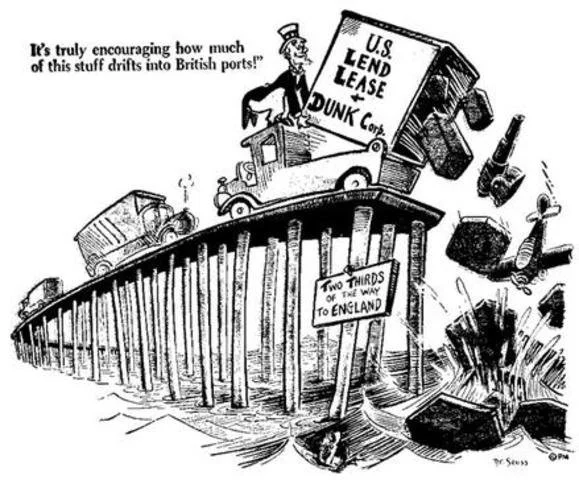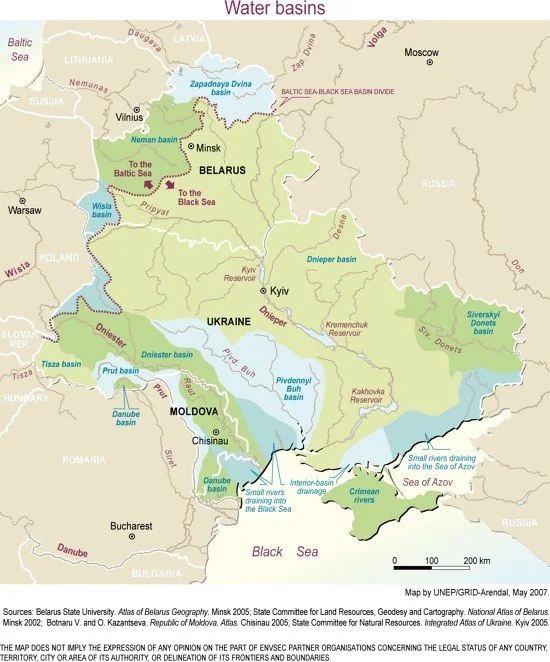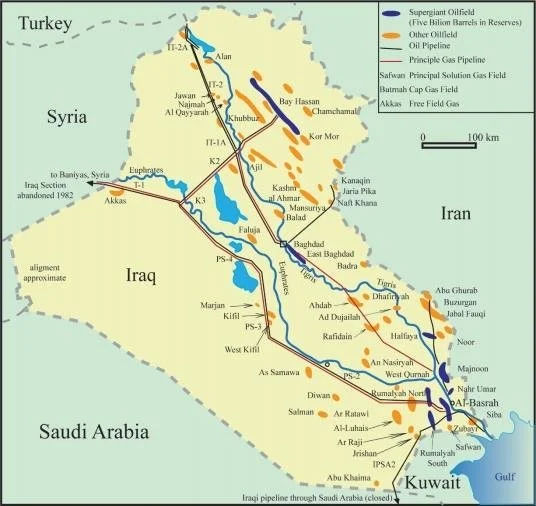Virtual Neighbors: When Outsiders Become Insiders
When Russia invaded Ukraine, it kinda invaded another country's territory: the United States.
For US Corporations own lease large parts of Ukrainian farmland.
…and they may be set to own more as Ukraine's debt increases; as the country struggles to face down the Russian Invasion, it needs weapons. Lots. Expensive weapons. And its main supplier, the United States is not gifting them, but "loaning or leasing" them as part of the "Ukraine Democracy Defense Lend-Lease Act".
It’s another “Lend-Lease”
In the past, this "lend-lease" program worked out well for the British... they only had to give up their accumulated wealth, and much of their secrets.
Will Ukraine be similarly stripped?
But Ukraine faces a different challenge; it has no colonies. Instead, it can only offer its own land. And Since it is fertile and water rich, the loans are likely to expand current patterns of land ownership (or lease).
This, in turn, implies a US claim on the resources of the Dniepr, which roughly separates Ukraine from Moldova and Belarus.
Which makes the United States a Virtual Riparian State of the Dnieper, the main watershed that feed Ukraine's fertile soils.
This could complicate things...
...or it could not.
In other regions, virtual riparian states stabilize matters, to some extent. In the oil-rich Middle East, where water and oil often mix. It is the determining factor, regardless of the various doctrines of water use recognized and how they approach access rights. Because it brings in international politics into the mix, it complicates everything, which often stabilizes local rivalries. This is what happens even in regions with the most complex mix of politics and historical enmities: the Middle-East.
Like in the oil-rich Tigris-Euphrates basin
The Tigris-Euphrates flows across many rivalries; Iraq and Syria inherited Mesopotamia's rivalries, the Kurds continue to struggle in their search for an independent state, Iran-Iraq continued border disputes that date back to the Ottomans... Locally, water feeds those tensions. Globally, oil makes them worse.
Water motivates Turkish claims claims over water resources. The region had no formal mechanism to manage water rights, so disputes among the riparian states often escalate. They never really explode into full-blown “water wars”, but they do come close.
Oil cools down inter-state tensions... as long as there is a worldwide balance of power...
In the absence of a balance of power, oil will invite "freedom" that would trump any other consideration... But for now, we appear to be reverting to a bi-polar world.
Even then, the hegemon doesn't fare too well; Mesopotamia’s large proven oil reserves feeds local rebellions. The Hegemon finds itself undermined by his own allies, or vulnerable to adversaries eager for revenge. But it all quiets down into a form of unhealthy equilibrium, over time.
Because oil needs some basic infrastructure
..and this cools down tempers a bit. As oil-importing countries involve themselves in the hydropolitics of the region, their status as “virtual riparian states" cools down tensions; shipments have to be made, one way or another.
In Mesopotamia, this volatile “hydropolitical-security complex” is paradoxically keeping local “Water Wars” at bay.
In the Dnieper, time will tell; will those "Virtual Riparian States" feed more war...er...специал милитари оператион(s)..., as they did in Yugoslavia? Or will they help stabilize the situation over time?
One thing is certain; the fate of the region is no longer in the hands of its brave inhabitants.
Virtual Partners invited themselves at the table.


